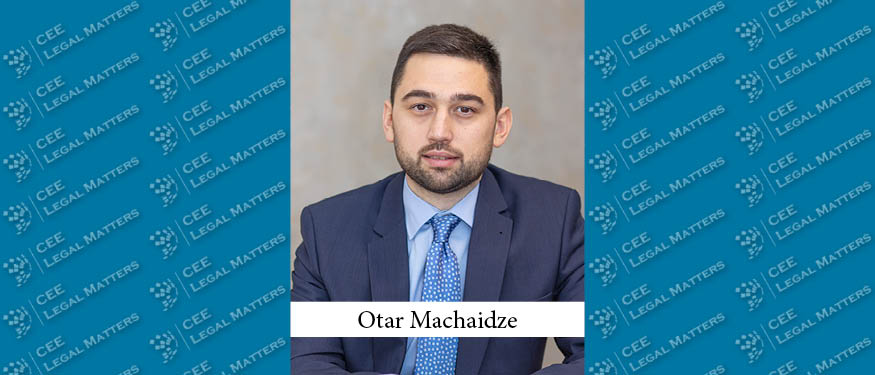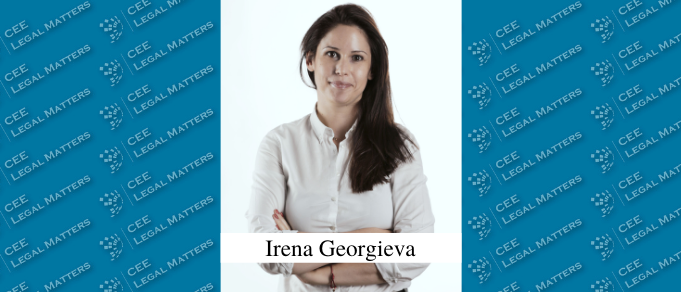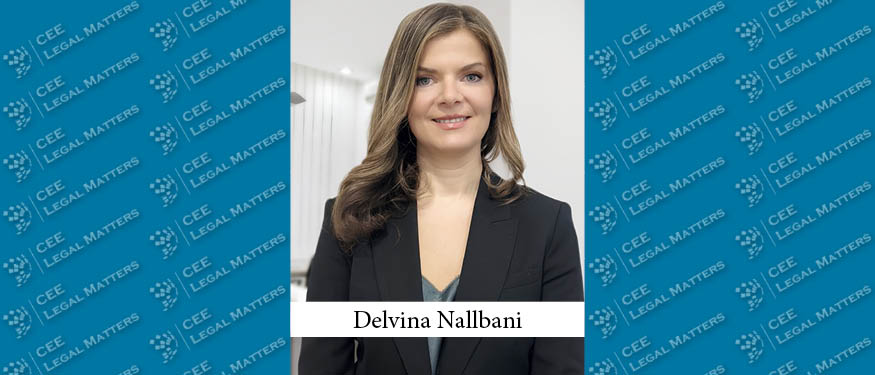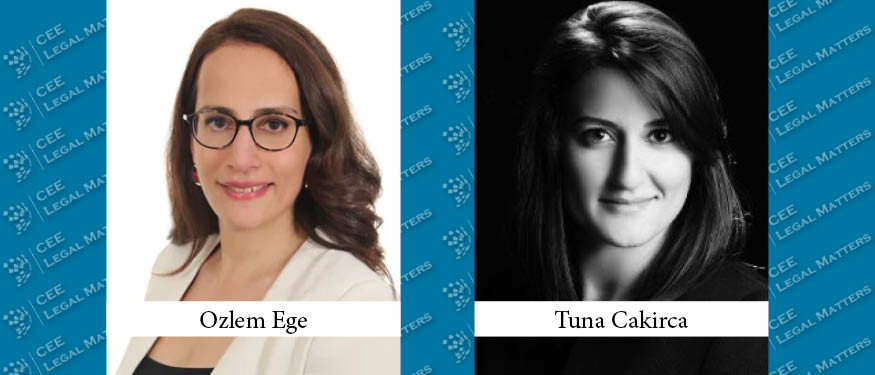There are no articles in this category. If subcategories display on this page, they may have articles.
Sidebar
Navigation

 CEE Legal Matters
In-depth coverage of the news and newsmakers that shape Europe's emerging markets
CEE Legal Matters
In-depth coverage of the news and newsmakers that shape Europe's emerging markets
09
Fri, May
78
New Articles














